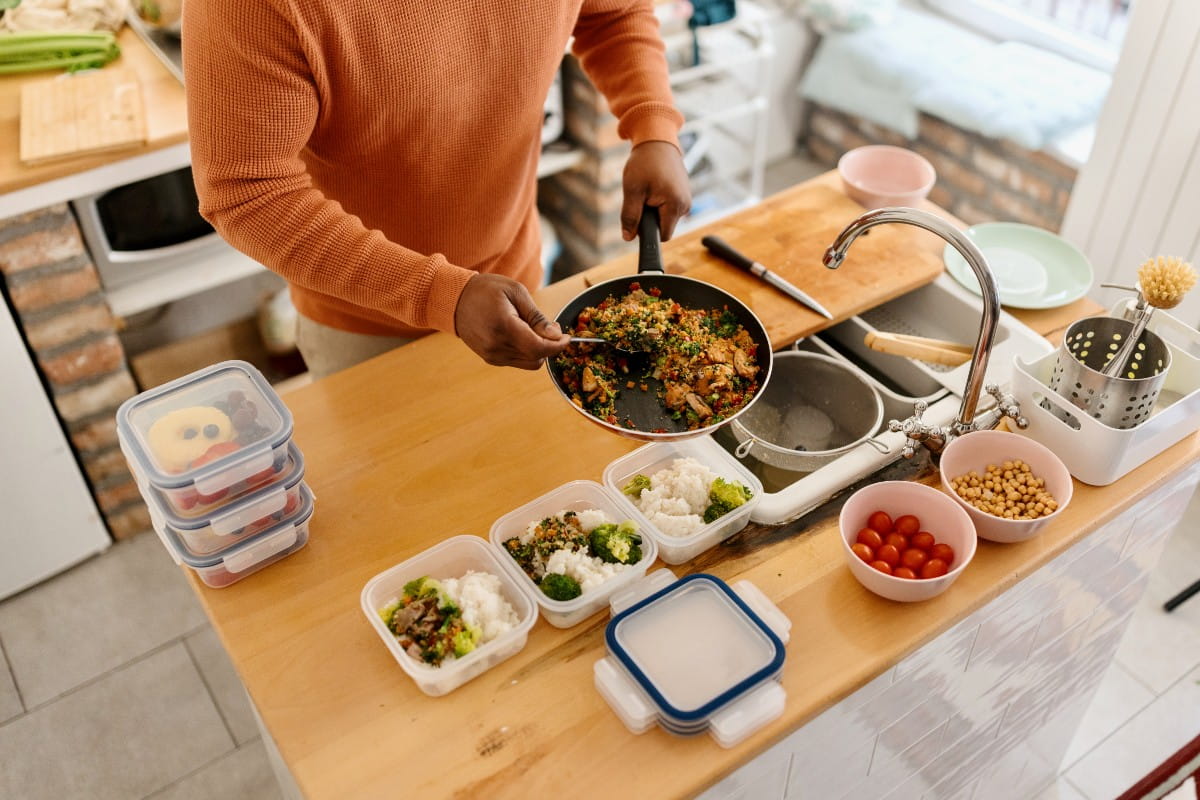Colorectal cancer has been rising sharply among young men and women since the 1990s. The death of the Black Panther star, Chadwick Boseman, has thrown a spotlight on this troubling trend. Diagnosed with colon cancer at the young age of 39, he lost his fight with the disease at 43.
But why is this happening?
Pay attention to signs and symptoms that could indicate colorectal cancer, no matter your age.
Most people don’t experience symptoms in the early stages of colorectal cancer. If you notice any of the below symptoms, don't dismiss the changes, assuming you are too young. Reach out to your health care provider so you may be assessed. Changes to pay attention to are:
- Cramping or abdominal belly pain
- Constipation or diarrhea that lasts longer than a few days
- Blood in the stool or dark stools
- Rectal bleeding
- Decreased appetite
- Weakness and fatigue
- Unexplained weight loss
The critical takeaway is that young people can get colorectal cancer.
Begin colorectal screening at age 45 or earlier if you are at higher risk
While a healthy lifestyle – at all ages - is the first step in preventing colorectal cancer, like most cancers, early detection is key to effective treatment and survival. According to the American Cancer Society, if you are 45 years of age or older, now is the time to get colorectal cancer screening. Earlier, if you have a family history of the disease.
A colonoscopy is the most common and most thorough screening procedure for colorectal cancer. And if polyps are not present and there are no other risk factors, you won’t need to repeat a colonoscopy for five to 10 years.
“At Riverside, we have several alternative screening options for colorectal cancer”, says Dr. Hossain. Your primary physician can help you determine if a colonoscopy, fecal immunochemical test (FIT) or stool DNA test is the best colorectal cancer screening option for you.” Should the FIT test or stool DNA test be positive or abnormal, a colonoscopy would be needed. Regardless of which screening option you choose, the most important thing is that you get screened for colorectal cancer.
What are the risk factors for colorectal cancer?
A risk factor is anything that can raise your chance of contracting a disease such as cancer. And having risk factors doesn’t necessarily mean you will get the disease. You can make changes in your lifestyle to reduce your risk, such as stop smoking. Other factors like a person’s age or family history cannot be changed.
Risk factors that are within your control include:
- Being overweight
- Lack of exercise
- Unhealthy diet
- Smoking
- Alcohol overuse
Risk factors that you cannot control include:
- Age
- Personal history
- Inflammatory bowel disease (IBDS)
- Family history
- Inherited gene mutation (rare)
Resources
Talk with your primary care doctor and learn more about colorectal cancer and your risk factors. To schedule your colonoscopy at a Riverside Health location near you, visit riversideonline.com/schedule or call 757-316-5777.
Healthy YOU Podcast
Dive deeper into our latest episode, 'Exploring Trends of Colorectal Cancer in Younger Adults,' to uncover crucial insights on this rising concern. Listen now and join the conversation on safeguarding future generations.
Colon Cancer Screening
Take charge of your health today! Visit our webpage on 'Colorectal Cancer Screening and Early Detection' to learn how early screening can make all the difference. Your path to prevention starts here.



